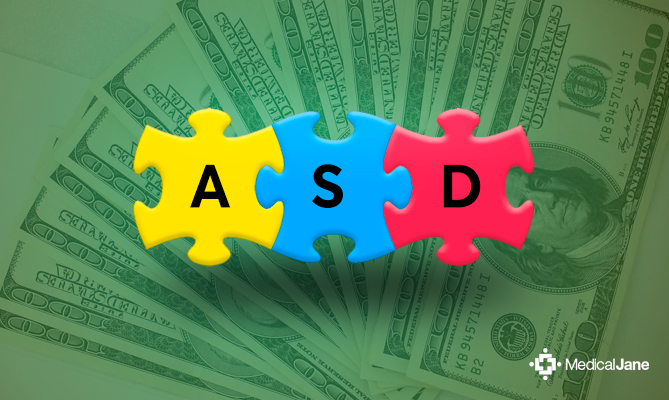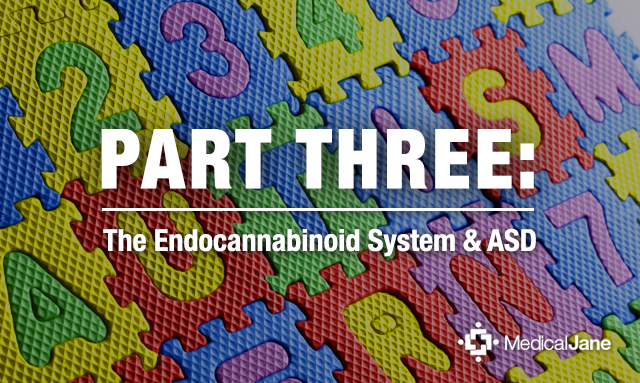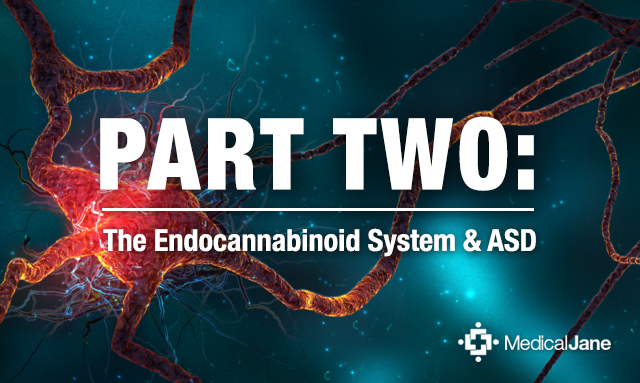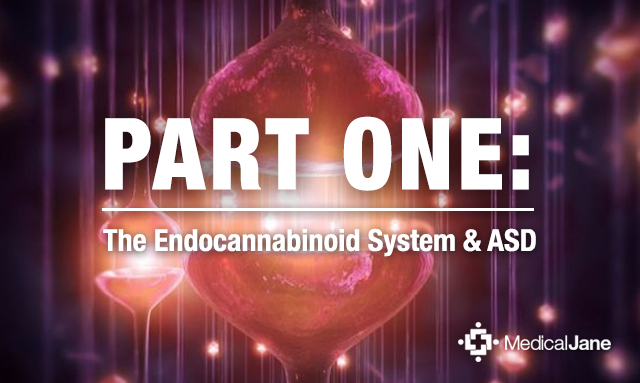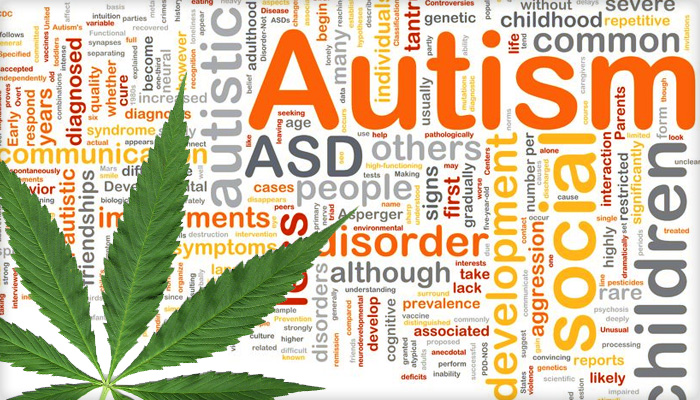ShareTweet
Quick Jump
What is Autism
Autism Spectrum Disorder (ASD) is a developmental disability with no known cause or a single effective treatment.
Children and adults with ASD have difficulty with social communication and interpersonal skills. They exhibit restrictive and/or repetitive patterns of behavior. A wide range of ability is exhibited among those afflicted. Some people with ASD are gifted, while others need significant levels of support to ensure their health and well-being.
ASD is usually diagnosed in the first 3 years of life, and affects the brain’s normal development of social and communication skills for life.
Latest Research
October 04, 2019
Autism CARES Act Signed Into Law; Provides $1.8B in Funding for Autism Research and Services
H.R. 1058: The Autism Collaboration, Accountability, Research, Education, and Support (CARES) Act of 2019, or the Autism CARES Act of 2019, was signed into law by the President on Monday (9/30/2019). The CARES Act reauthorizes and expands the provisions earlier introduced in the Combating Autism Act of 2006. What The Autism CARES Act Means For ASD Patients The Autism CARES Act ensures support for research on autism spectrum disorder (ASD) and enhances programs relating to autism. The latest version of the Act renews the legislation for another five years, tagging $369M annually for ASD-efforts through 2024.
October 03, 2019
New Study Aims To Learn If Cannabis Can Help Treat Autism
The United States Department of Defense and GW Pharmaceuticals are collaborating on a new clinical trial at the Montefiore Medical Center in New York. The study examines the effect of the cannabinoid Cannabidivarin, more commonly referred to as CBDV, on irritability and repetitive behaviors in children with autism spectrum disorder. Researchers are hoping to discover if CBDV is a viable solution for treating the symptoms typically associated with this disorder. CBDV is a non-psychotropic compound (meaning it does not affect a person’s mental state), making the chemistry and benefits of CBDV more similar to …
June 17, 2015
Part Three: Practical Approach to Cannabis Based ASD Therapies
In our previous installment, we provided a brief overview of the preclinical research implicating the role that the endocannabinoid system (ECS) plays in the progression of autism spectrum disorder (ASD), preclinical research supporting targeting the ECS to treat ASD, and provided a number of preclinical studies indicating the potential value of phytocannabinoids in treating symptoms and diseases associated with ASD. Here we’ll examine the shortcomings of current research, explore possible adverse effects of cannabinoid treatments, discuss the types of autism that may currently warrant cannabinoid treatments, and illustrate how a family might systematically approach a cannabinoid treatment for …
June 17, 2015
Part Two: The Role of Phytocannabinoids in ASD Therapy
In part one of this series the preclinical scientific evidence illustrating the involvement of the endocannabinoid system (ECS) in the physiological progression of Autism Spectrum Disorder (ASD) was provided. Here we’ll highlight some of the pharmacological characteristics that phytocannabinoids share with endocannabinoids, the use of phytocannabinoids in the treatment of symptoms and diseases associated with ASD, and why having access to a variety of cannabis chemotypes will always be preferable to a select cannabinoid and/or ratio. The anecdotal reports of successful cannabinoid therapies seem to be supported by the fact that phytocannabinoids from cannabis, and other natural sources, …
June 17, 2015
Part One: The Endocannabinoid System and Autism Spectrum Disorder (ASD)
The importance of the discovery of the role that the endocannabinoid system (ECS) plays in human health and disease cannot be understated. Cannabinoid receptors are the most highly expressed of any G-protein coupled receptor (GPCR) in the body. They’re the only ones to play a direct role in virtually every aspect of the human body (CNS and immune systems, throughout the periphery, presynaptic, and postsynaptic).[1] It’s no wonder that anecdotal reports of cannabis treatments indicate effectiveness in such a wide array of conditions. The growing body of scientific research …
January 17, 2013
Medical Marijuana in the Management of Autism
As autism becomes more prevalent in the United States, there is a growing need for alternative treatments. Currently prescribed drugs simply do not work for some, and more parents have been turning to medical marijuana to ease their children’s symptoms. While no double-blind study has been done on the effect of marijuana and autism, UC Irvine (UCI) is dedicated to studying the disorder. Medical Marijuana Gaining Popularity Among Autistic Patients With funding from the William & Nancy Thompson Family Foundation and the Children & Families Commission of Orange County, UCI created the Center for …
